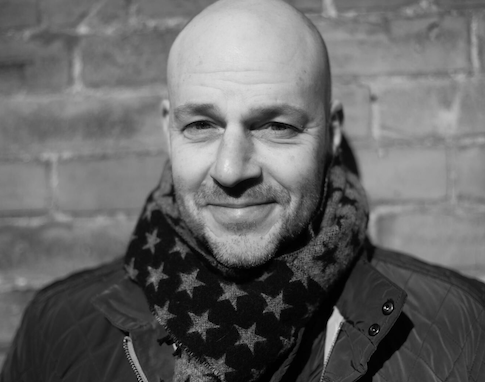
AI has once again proven to be the future of not just technology but of medicine. Eko, an Oakland, California-based medical technology company founded in 2013 by graduates from the University of California Berkeley dedicated to leveraging AI, has found a way to provide cost-effective screenings for Cardiovascular diseases (CVD) and lung disease. This innovation is believed to save the lives of millions of people, especially those in “undeserving” communities and developing nations, at a reduced cost compared to the conventional use of cardiograms and ultrasound.
The impact of CVD is felt disproportionately amongst people of color, rural residents, and those living in poverty. The disparity in heart disease (HD) between people in developed and developing countries grows wider due to wealth inequality and access to medical care. Poverty and lack of infrastructure limits access to medical care.
An electrocardiogram (EKG/ECG) is one of the most important instruments to detect HD. The cost makes early detection challenging, especially in areas where hospitalization is not readily available. Stethoscope screening is a more viable option because of its low cost and non-invasiveness. However, the simplicity of the stethoscope limits its use.
The Eko medical technology company has found a way to “honor the stethoscope.” The founders Connor Landgraf, Jason Bellet, and Tyler Crouch also partnered with mayo clinic, NorthWestern medicine, and the University of California San Francisco to build width specific annotated datasets. According to the founders, doctors would be able to “visualize, record, share and analyze heart sounds using a cloud-based algorithm, and at a fraction of the cost of conventional cardiograms and ultrasound.”
SOURCE: INTERESTING ENGINEERING







 © 2025 Mashup Media, LLC, a Formedics Property. All Rights Reserved.
© 2025 Mashup Media, LLC, a Formedics Property. All Rights Reserved.